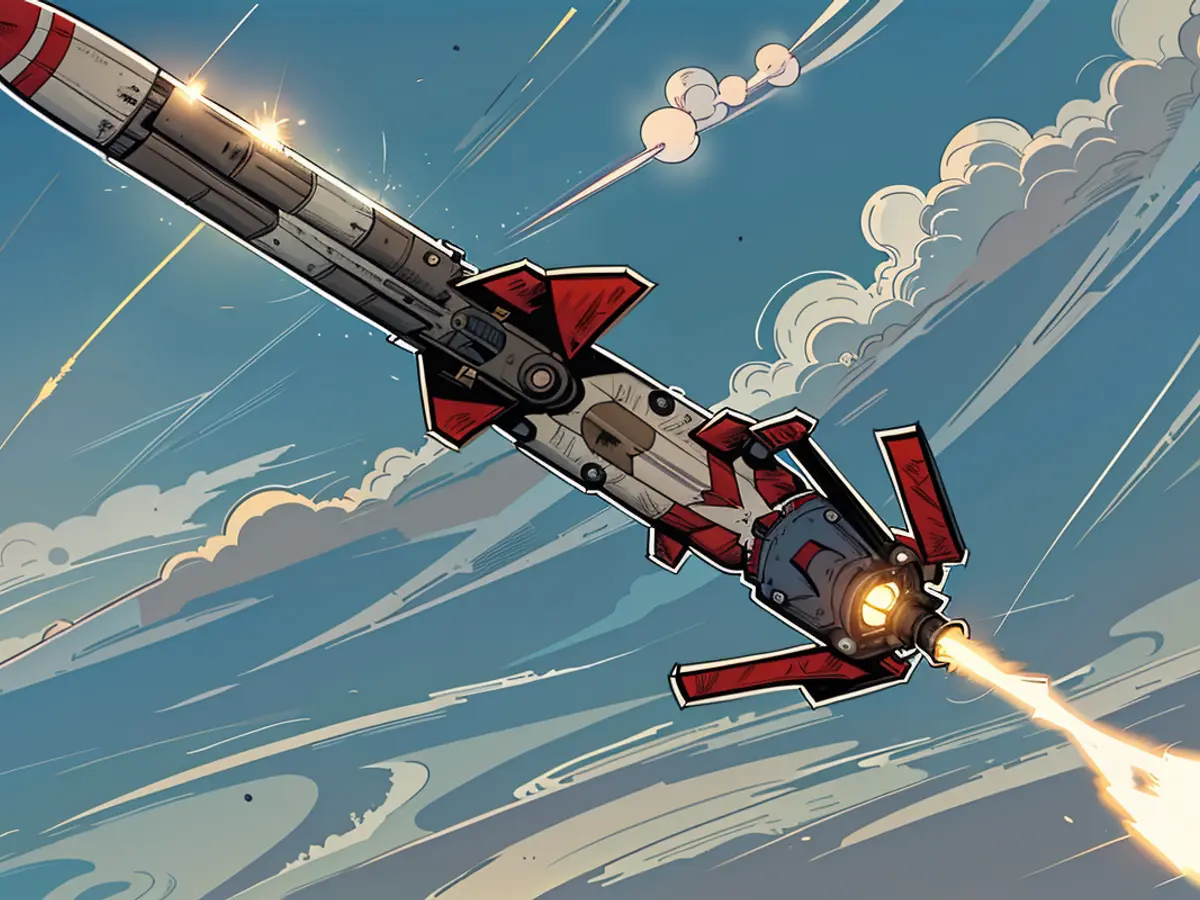Russian oil tanker succumbs to mishap during collision with Neptune ship.
In a port situated in the southern Russian region of Krasnodar, as per official reports, a cargo vessel filled with fuel tanks ignited due to suspected Ukrainian shelling and subsequently sank. Footage circulated online depicted intense flames and heavy plumes of smoke rising from an object within the port. The region's crisis center reported the incident to Interfax news agency. Ultimately, the vessel sank, with the regional administration stating on Telegram that the incident was the result of the ship's "damage" while docked at the port of Kavkaz.
The port in question lies on the opposite side of the Crimea peninsula, annexed by Russia in 2014, and is situated a mere few kilometers from the Kerch Bridge. Simultaneously, a missile alert was issued in the Crimea.
Unverified reports from Russian Telegram channels hint at the ship being struck by a Ukrainian Neptune-type anti-ship missile. Notably, the Neptune's estimated range is 300 kilometers, implying that the front line - in many parts at least - lies beyond this distance.
Russian forces make significant use of this port to supply their forces engaged in the conflict with Ukraine. In response, Ukraine frequently attacks vital fuel supply targets crucial to the Russian military, such as the recent instance where Ukrainian drones targeted a fuel depot in the southern Russian region of Rostov. Regrettably, the fire there still persists, days following the initial strike.
- Given the strategic importance of the Kavkaz port for Russian forces in the conflict with Ukraine, the European Union might express concern over the potential escalation of the situation and the impact on regional stability.
- Despite this incident and the ongoing hostilities, the European Union continues to advocate for a diplomatic solution to resolve the conflict between Russia and Ukraine, emphasizing the need for dialogue and respect for international law.








